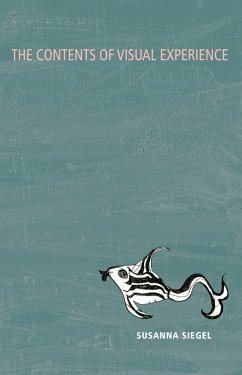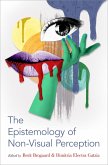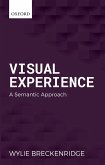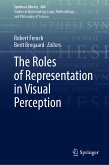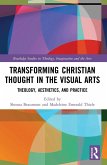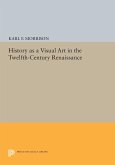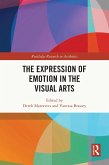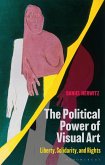What do we see? We are visually conscious of colors and shapes, but are we also visually conscious of complex properties such as being John Malkovich? In this book, Susanna Siegel develops a framework for understanding the contents of visual experience, and argues that these contents involve all sorts of complex properties. Siegel starts by analyzing the notion of the contents of experience, and by arguing that theorists of all stripes should accept that experiences have contents. She then introduces a method for discovering the contents of experience: the method of phenomenal contrast. This method relies only minimally on introspection, and allows rigorous support for claims about experience. She then applies the method to make the case that we are conscious of many kinds of properties, of all sorts of causal properties, and of many other complex properties. She goes on to use the method to help analyze difficult questions about our consciousness of objects and their role in the contents of experience, and to reconceptualize the distinction between perception and sensation. Siegel's results are important for many areas of philosophy, including the philosophy of mind, epistemology, and the philosophy of science. They are also important for the psychology and cognitive neuroscience of vision.
Dieser Download kann aus rechtlichen Gründen nur mit Rechnungsadresse in A, B, BG, CY, CZ, D, DK, EW, E, FIN, F, GR, HR, H, IRL, I, LT, L, LR, M, NL, PL, P, R, S, SLO, SK ausgeliefert werden.

